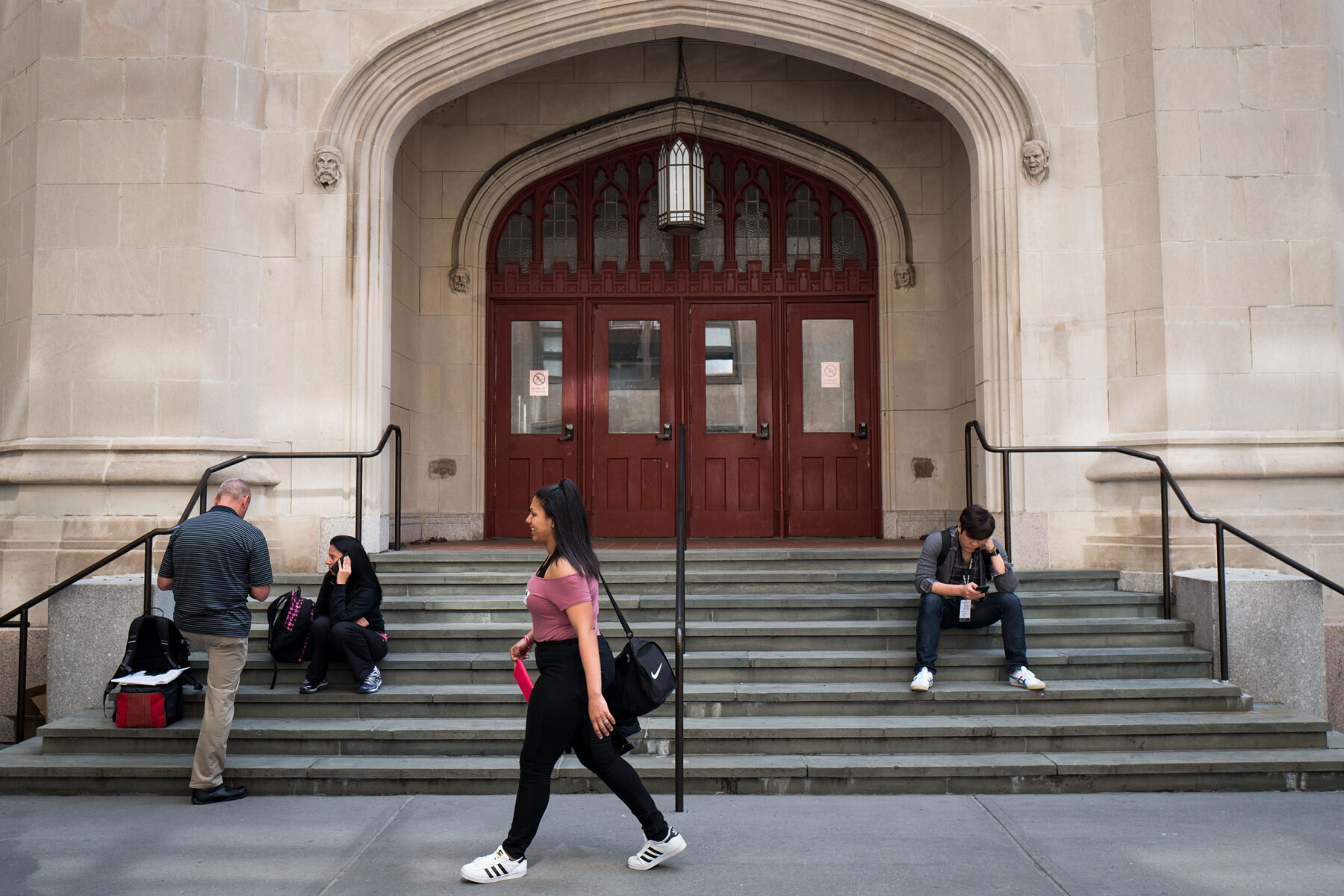A new interim report from the City University of New York (CUNY) and Métis Associates shows promising outcomes from a randomized controlled trial of the college completion program Accelerate, Complete, Engage (ACE). The program, a version of CUNY’s successful Accelerated Study in Associate Programs (ASAP) model adapted for students pursuing their bachelor’s degree, provides comprehensive financial, academic, and personal supports to primarily low-income students at John Jay College of Criminal Justice.
With support from Arnold Ventures, researchers launched a randomized controlled trial (RCT) to determine whether the significant, positive impacts of the ASAP program on associate’s degree receipt would also benefit students seeking bachelor’s degrees. Recently released interim findings showed a large, 17 percentage point increase in the number of students “on track” for graduation three years into the program.
Two out of every five students starting college will not complete a degree, holding them back from employment and economic opportunities. This interim finding is a very promising sign that ACE may ultimately join the ranks of programs like Bottom Line and ASAP that have been shown to improve rates of college completion for America’s postsecondary students.
Although these interim findings are promising, the study is ongoing. The program’s impacts on degree receipt are expected in 2024 and will provide critical understanding of how evidence-based college programs such as ASAP can be successfully adapted to a variety of contexts.













